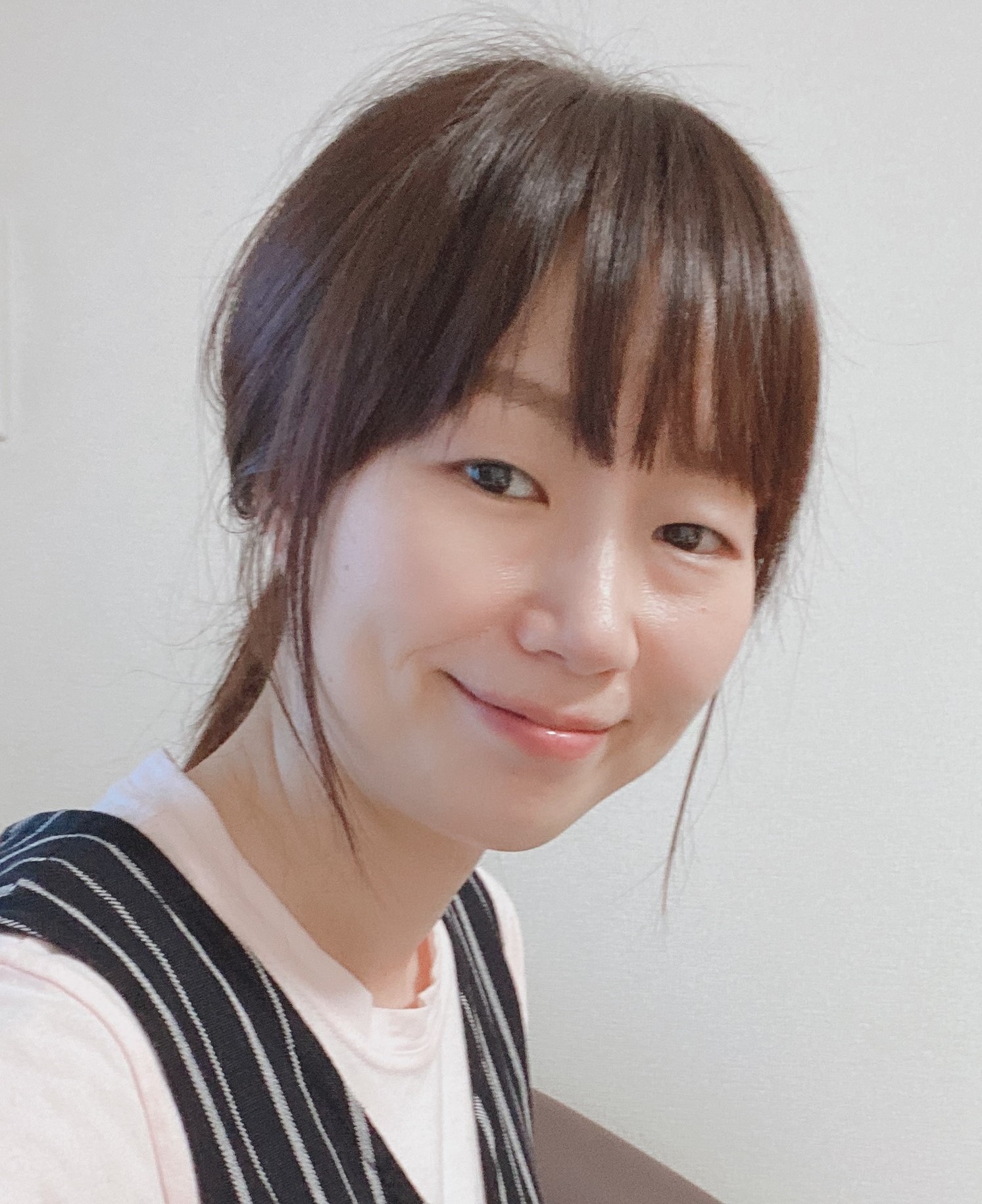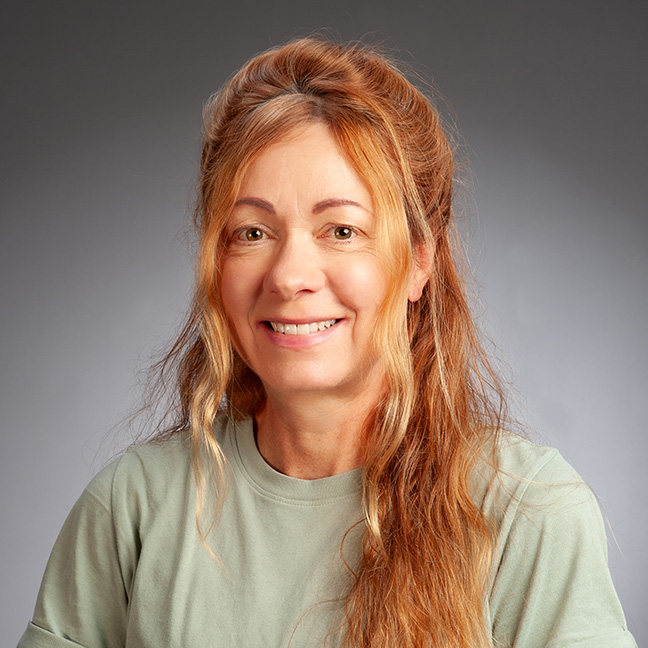Papers : Metadata, Archives, Visual and Music
- Long title
- Metadata and Archives, Visual Resources and Music
- Starts at
- Mon, Oct 21, 2024, 16:00 EDT
- Finishes at
- Mon, Oct 21, 2024, 17:30 EDT
- Venue
- DSI Seminar room
- Moderator
- Joseph Busch
Moderator
-

Joseph Busch
Taxonomy Strategies
Mr. Busch is an authority in the field of information science, with an emphasis on helping organizations develop metadata frameworks and taxonomy strategies to ensure that content realizes its highest value through re-use and re-purposing. He has extensive knowledge and experience developing content architectures consisting of metadata frameworks, taxonomies and other information management methods to implement effective applications. He is currently on a full-time assignment as the senior business classification analyst for the African Development Bank which is based in Abidjan in the Côte d’Ivoire.
Presentations
Analysis of Issues When Creating OAIS-based Archival Information Packages: Through an Exploratory Survey Using an Online Questionnaire
Authors: Boyoung Kim, Satoru Nakamura, Yasuyuki Minamiyama, Hidenori Watanave
-

Boyoung Kim
The University of Tokyo
Boyoung Kim is a Ph.D. candidate in the Graduate School of Interdisciplinary Information Studies at the University of Tokyo and an archivist at the Shibusawa Eiichi Memorial Foundation. She holds a master’s degree in archival science and is now interested in the interdisciplinary field of archives. She conducts research on the preservation and utilization of digital records. Boyoung has approximately 15 years of archival management experience at museums and institutions.
Queering archival metadata? The discoverability of queer collections in GLAM institutions and universities in Aotearoa/New Zealand
Authors: Alison Day
Queer activism played a significant role in effecting legislative and social change in Aotearoa/New Zealand and overseas, shifting societal attitudes towards tolerance and inclusion. Nonetheless, this has not visibly translated into representation in New Zealand’s galleries, libraries, archives, museums and universities (GLAMU) institutions for queer communities. While queer collections still form a minor part of local, regional and national cultural heritage, the discoverability of these materials raises additional descriptive and metadata complexities, particularly with the classification and description systems currently in use, such as the Library of Congress Subject Headings (LCSH). This research, part of a larger project, investigates some of these issues using pertinent data from 30 interviews conducted with GLAMU information professionals in New Zealand.
It was found for institutions that held queer materials there was little consistency with queer metadata use, particularly for general terms, while nomenclatures for more marginalised queer communities rarely featured. Whether to and how to identify a person and the use of appropriate metadata were of particular concern. Reparative description and the use of a queer-controlled vocabulary, like Homosaurus, also revealed these were of interest but outside of two institutions, other priorities took precedence. The lack of appropriate queer metadata and description makes queer materials difficult to find. This impacts the representation and inclusion of queer communities in the local, regional and national narrative. From the findings, there is a need for metadata and description to be used to better reflect the fluidity of queer communities in New Zealand and improve the discoverability of queer materials. Gaining an understanding of queer culture, using a queer controlled vocabulary and consulting with queer communities regarding community-derived metadata and description are some approaches that would help to improve the discovery of queer materials.
-

Alison Day
Victoria University of Wellington, New Zealand
Before starting her PhD in Information Studies, Alison studied for her MIS at Victoria University of Wellington while working part-time in a library. Alison holds a PhD in History from the University of Auckland and is a Victoria University of Wellington Doctoral Scholarship recipient. Her PhD research focuses on the collecting, documenting and donating experiences and relationships of New Zealand's queer communities and independent archives with the GLAM institutions and universities. She is interested in the queer cultures of Aotearoa’s LGBTQ+ independent archives along with the complexities of implementing queer metadata and classification within current structures.
Musical composition using metadata
Authors: Romina Soledad Romay
-

Romina Soledad Romay
CRIUGM, Université de Montréal, 4545 chemin Queen Mary, Montreal (Quebec) H3W1W5, Canada
Romina S. Romay is an orchestra conductor, composer, and pianist from Argentina, specializing in research-creation projects integrating new technologies and themes of nature and ecology. She pursued her higher education at the National University of Arts (UNA) in Buenos Aires and the Conservatoire National Supérieur de Musique et de Danse de Lyon (CNSMDL), with residencies in Estonia, Sweden, and Germany. Romina earned a PhD in microtonal composition based on metadata from the Université Côte d’Azur and a DEM in Orchestra Conducting from the Nice Conservatory Pierre Cochereau. As a research engineer for the Extended Reality Research and Creative Center XR²C² in Cannes, she engaged in VR, AR, and MR projects. Currently, she is a postdoctoral researcher at AgeTeQ, focusing on Art and Health projects at the CRIUGM of the Université de Montréal.
Exploring Accuracy, Completeness, and Consistency of Student-Created VRA Core 4.0 Paintings Metadata
Authors: Vyacheslav I. Zavalin, Oksana L. Zavalina
-

Vyacheslav Zavalin
Texas Woman's University
An Assistant Professor in the School of Library & Information Studies at Texas Woman’s University, Dr. Zavalin holds Information Science master’s degree with a concentration in information organization & systems and Information Science Ph.D. degree with a concentration in data analytics from the University of North Texas. His research and teaching interests and experience are in the areas of cataloging and classification, digital repository metadata, subject analysis, analytics and data visualization. Dr. Zavalin’s teaching philosophy emphasizes experiential learning. He participates in multiple collaborative research projects, including those evaluating student-created metadata.





